Based on the concept of learning to draw animals by starting with a single line (head and backbone), this volume provides tips on drawing animals without having to go through the steps of practicing complicated skeletal and muscular structures. The book faithfully traces techniques from drawing, realistic images to techniques of deformation used to make figures appear cute and cuddly.
Read more
28 reviews for How To Draw Manga Volume 36: Animals
Show all
Most Helpful
Highest Rating
Lowest Rating

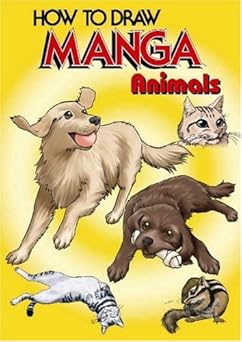

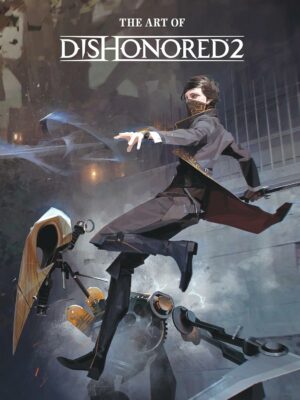
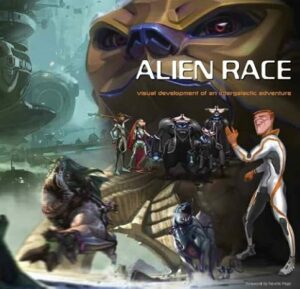
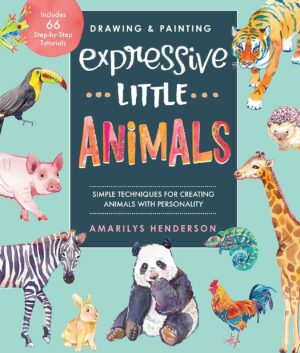
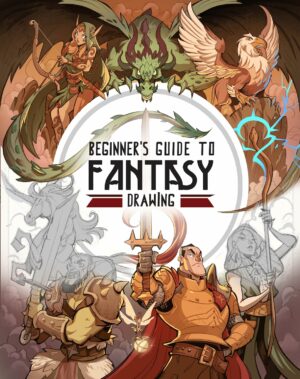
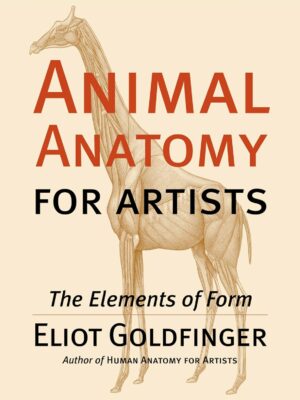

MLP –
Hard to find, but super book for those who want to draw manga that is not all girls with big eyes and breasts. My kid likes manga, and we checked this out at the library. She LOVED it. Simple and clear steps. You can draw as simple or as complex that fits your style.
V. Dean –
As it is hard enough for me to draw humans, I am really happy to finally have a reference book that provides general guidelines on how to draw manga animals. All in all this is a great reference book that includes both domestic and wild animals.
The first part of the book deals with animal anatomy and shows how an animal drawing can be simplified to look “manga-esque”.
Chapter 2 has domestic animals and pets (focus here is on dogs and cats) and shows them from different angles as well as different emotional body positions and facial expressions. The author (Hikaru Hayashi) even remembered to show how the pets can be held by their owners.
Part three deals with wild animals like rhinoceroses and koalas and the last chapter with birds.
The following is a list of all the animals reviewed in this book (besides cats and dogs, most of these animals receive 2 pages):
CHAPTER 2: Pets & other familiar animals
Dogs, Cats, Ferrets, Chipmunks, Rabbits, Prairie Dogs, Meerkats, Hedgehogs, Skunks, Hamsters, Horses, Donkeys, Cattle/Bison, Sheep, Goats, Pigs, Frogs, Snakes, Lizards/Geckos, Iguanas/Chameleons, Alligators/Crocodiles, Crayfish/Scorpions, Crabs, Turtles
CHAPTER 3: Wild Animals
Gorillas, Orangutans, Chimpanzees, Japanese Macaques, Lions, Tigers, Spotted big cats, Wolves, Bears, Polar Bears, Zebras, Giraffes, Hippos, Elephants, Rhinos, Wild Boars, Deer, Camels, Kangaroos, Koalas, Pandas, Raccoons, Lesser Panda, Foxes, Raccoon Dogs, Flying Squirrels, Armadillos, Anteaters/Sloths, Otters, Sea Lions/Seals, Dolphins/Orcas/Whales, Sharks/Rays, Octupuses/Squid/Blowfish, Jellyfish
CHAPTER 4: Birds
Songbirds, Crows, Chickens, Waterfowl, Raptors, Seagulls, Penguins, Tropical Fish/Goldfish (I have no idea why these two are included with the birds)
This is a great reference book for drawing animals (especially if your character has pets). I think it was well worth my $14.
AngryKuzuri –
This book shows a variety of animals. It does go through proportions of the head & body as well as how to sketch a rough template for different positions such as a dog sitting up, dog laying down, etc. However, not all animals in the book get the same treatment. Some pages just have pictures of the animals but no proportion planning. The quality is mixed. Some animals are drawn great but others look kind of off to my eyes.
I gave this book 3 stars as it is not completely useless but I’ll be looking for other books to supplement this one. This is a very basic book that gives you a rough idea. If you like to draw manga style I would not be concerned about getting a different non-manga related book on how to draw animals. That will be the next type of book I get for drawing animals.
Heather Hilburn –
This book helped me out in many ways. I had never quite mastered anything save drawing cats like watermelons with whiskers (my own Grumpy looks like a watermelon in a catsuit, so he’s not much of a model!) or easy-peasy snakes. I’m still no master of drawing animals, but now people recognise them! Now I get, ‘Nice dog!’ instead of ‘Um… dog?’ As with all How to Draw Manga books it assumes you know which end of the pencil hits to paper, and treats you like an intelligent human being with some skills. Your end result follows the efforts you put in.
Roberto –
Prodotto arrivato prima dei tempi previsti, illustrazioni ottime, ed è stata una fortuna ritrovarne uno essendo una serie molto vecchia.
Il prodotto descrive nel dettaglio l anatomia e varie pose di molti animali sia domestici che selvaggi.
Per imparare a disegnare i vostri amici a 4 zappe è un ottimo volume.
L’unico difetto del libro è che mi è giunto senza la copertina di protezione come si vede nella foto dell inserzione del prodotto stesso, e per quello che ho pagato mi ha un po’ urtato che il prodotto non fosse così nuovo come ritenuto dal venditore, visto che presentava varie bozze all’esterno.
Tanya –
Easy to use, fun to draw!!
Yolivio –
Good guidelines and examples for drawing an ark full of animals-ferrets, monkeys, dogs, pandas, you name it, with special attention on the more common and/or popular animal subjects for comics (cats, dogs, horses, small pets, ect) Anatomy lessons are basic and non-headachy. It’s simple and makes sense. Now I know why manga and anime animals have such flexible, almost fluid legs when animated-the artists use “S” shaped limb technique. 😉
Stylization techniques exemplified in this book can apply to manga and other forms of design. For more detailed and realistic instruction on animal rendering, I’d recommend “The Art of Animal Drawing” by Ken Hultgren.
Liz –
I got this book as a gift for a friend, as I already had it. The poses are great, the techniques are great! and they do a great job of explaining how the animal works. I recommend this book to anyone who is looking to draw animals.
heather tedeschi –
ive been wanting this book for so long and im not disappointed with it defenetly worth the money